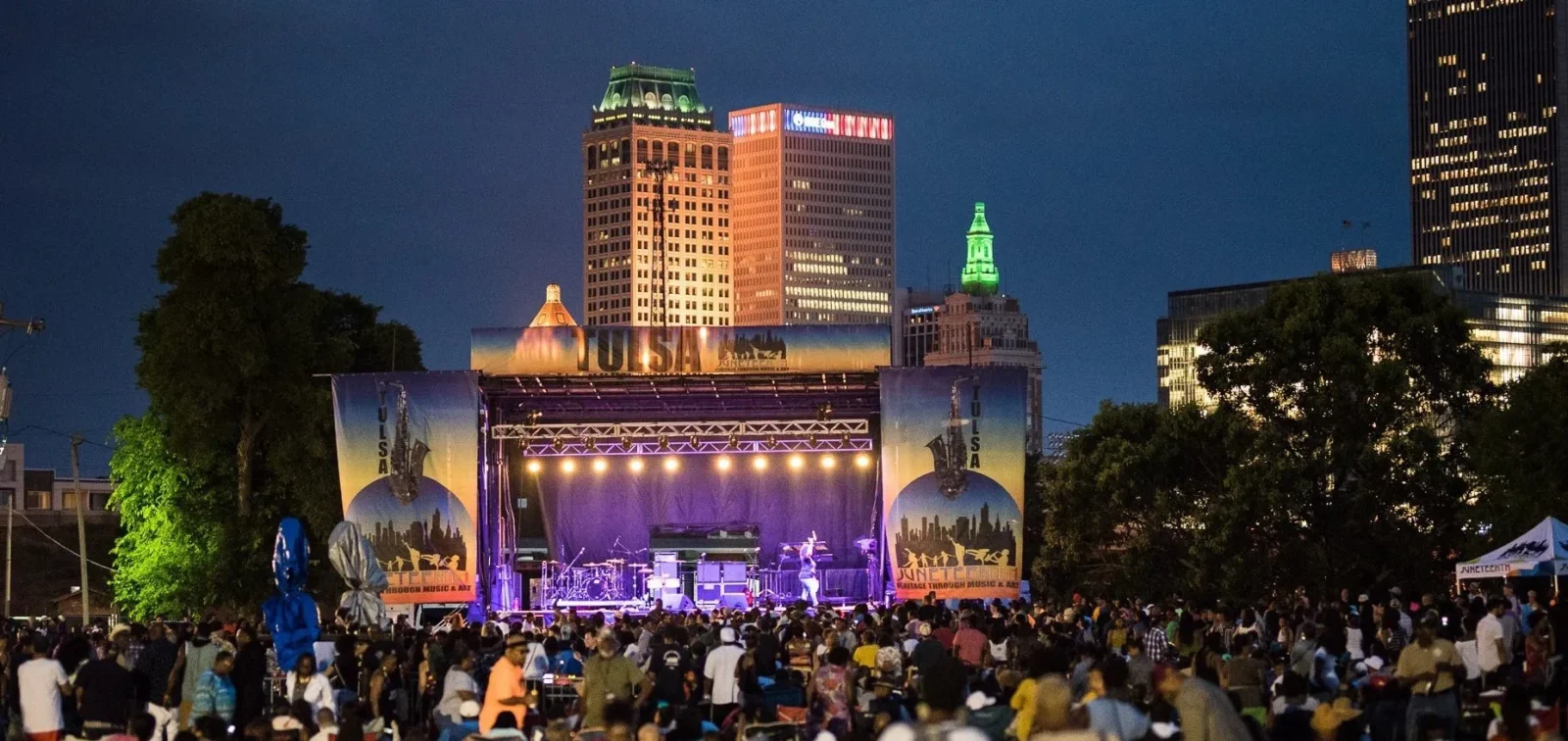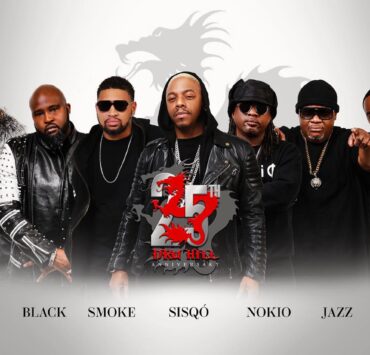
Peniel E. Joseph is the Barbara Jordan Chair in ethics and political values and the founding director of the Center for the Study of Race and Democracy at the LBJ School of Public Affairs at the University of Texas at Austin, where he is also a professor of history. He is the author of the forthcoming book “The Third Reconstruction: America’s Struggle for Racial Justice in the Twenty-First Century,” in addition to “Stokely: A Life” and “The Sword and the Shield: The Revolutionary Lives of Malcolm X and Martin Luther King Jr.” The views expressed here are his own. View more opinion articles on CNN.
Juneteenth 2022, which the nation officially celebrates Monday, is unfolding against extraordinary twin backdrops: the ongoing hearings of the House select committee on January 6 and the continuing legislative efforts to halt or disrupt the teaching of the very history that Juneteenth — a day that marks the end of racial slavery in the United States — commemorates.
President Joe Biden’s signing into law a measure making Juneteenth a federal holiday in 2021 came on the heels of the racial justice upheavals of 2020 that followed the murder of George Floyd. Juneteenth had long been an occasion more informally celebrating the news of freedom from slavery (belatedly) reaching Black Americans in Galveston, Texas, on June 19, 1865.
It seemed that virtually overnight, the law establishing June 19 as Juneteenth National Independence Day transformed this day from a Texas-based African American celebration into a national symbol of the enduring need to confront a long-denied history of racial slavery and its afterlife. The story of Maj. Gen. Gordon Granger delivering the news of Black people’s hard-earned path toward citizenship and dignity became a metaphor for America in 2020, which was weighed down by a pandemic and convulsing with demonstrations demanding an end to structural racism in the aftermath of Floyd’s murder.
I, alongside other writers, scholars, historians, and culture workers, found hope in the resurgent interest in Black history that accompanied both the protests and the elevation of Juneteenth as a federal holiday. One manifestation of that hopefulness for positive change was the proliferation of best-selling books focusing on Black history, including “The New Jim Crow,” a history of mass incarceration by Michelle Alexander.
In that context, Juneteenth became more than just a part of the national conversation about efforts to achieve racial justice in America. The history behind Juneteenth served as an important aspect of a broader impetus many felt to do some wide-ranging soul searching.
Those efforts were visible among sports leagues proclaiming that Black Lives Matter, elected officials marching with BLM demonstrators and museum and popular culture curators and ordinary Americans finally acknowledging the depth and breadth of systemic racism. The entire nation seemed chastened by the summer of unrest and inspired to do the personal and political work to make some long overdue changes.
Yet Black History Month unfolded in 2022 alongside a spate of legislation purposefully designed to prevent the teaching of this history and the lessons it imparts. In Florida, a bill designed to prevent “psychological distress” to White students and teachers during the teaching of histories tied to systemic racism passed in April.
For the entire article go to: www.cnn.com









